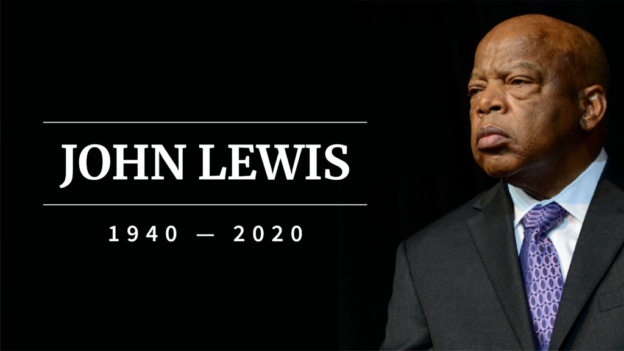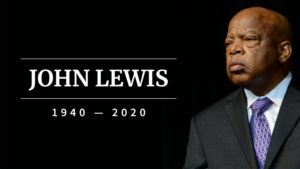Thank you for the legacy you have bequeathed to us.
Category: Peace
Shabbat Shalom-What’s goin’ on?
Marvin Gaye’s classic song is performed by Playing for Change bringing musicians from around the world together to make beautiful music together. A wonderful framing for Shabbat.
Shabbat Shalom.
Preparing ourselves for the work ahead
Shabbat Shalom
Bob Marley sings Redemption Song
Shabbat Shalom
Shabbat Shalom
One Day…
Shabbat Shalom
The penultimate stanza of Lecha Dodi asks you to carry the message of Adonai out into the world, literally to spread out to the right and to the left. This beautiful welcome of Shabbat is a gift from Joey Weisenberg and the Hadar Ensemble, featuring the beautiful voice of Debra Sacks.
Shabbat Shalom
The Hashiveinu prayer reaches out for the comfort and safety from the night under the protective wing of the Shechinah. A beautiful prayer and metaphor.
May we all find shelter and peace.
Shabbat Shalom.
Shabbat Shalom
The Hashkiveinu prayer asks that we are sheltered under Shechinah’s protective wing, so we might find peace to protect us through the night.
At the end of this week, this prayer seems particularly apropos.
May we find a safe harbor from the storm that has been this tumultuous week so that we do not fear the darkness or the unknown. Let us find strength and comfort under God’s protective wing and with each other.
Shabbat Shalom
I offer Craig Taubman’s rendition of Haskiveinu to set the mood and help us connect:
Shabbat Shalom
As part of our recent CCAR* cultural trip to Israel, we visited Polyphony, an organization dedicated to teaching music to young people, Arab and Jew, together. One of the great gifts of humankind is Western Classical Music. The message of this school is that this music belongs to all of us; We all have access to this beauty, regardless of our backgrounds, and through music, we can come together sharing this exquisite high art form.
The following is a clip produced by Polyphony promoting their important work. It is a message of hope and building bridges through the common language of music. Watching the young students perform works of the Masters was inspirational and a wonderful way to welcome Shabbat.
Shabbat Shalom
*CCAR- Central Conference of American Rabbis
Shabbat Shalom
We still believe that there is a better place, a promised land, and the way there is through the wilderness. There is no way for us to get from here to there, except by joining hands, marching together. (Mishkan Tefillah, adapted)
If you can, be at the rally in New York this Sunday to express solidarity as a first step toward achieving the values that are at the center of Judaism and America. Together as the Jewish community of the United States with all others of goodwill, we will overcome forces of hatred and bigotry. There is much work to be done and miles to go before we sleep. Together we can get there.
Stopping by Woods on a Snowy Evening
By Robert Frost
Whose woods these are I think I know.
His house is in the village though;
He will not see me stopping here
To watch his woods fill up with snow.
My little horse must think it queer
To stop without a farmhouse near
Between the woods and frozen lake
The darkest evening of the year.
He gives his harness bells a shake
To ask if there is some mistake.
The only other sound’s the sweep
Of easy wind and downy flake.
The woods are lovely, dark and deep,
But I have promises to keep,
And miles to go before I sleep,
And miles to go before I sleep.
Shabbat Shalom


